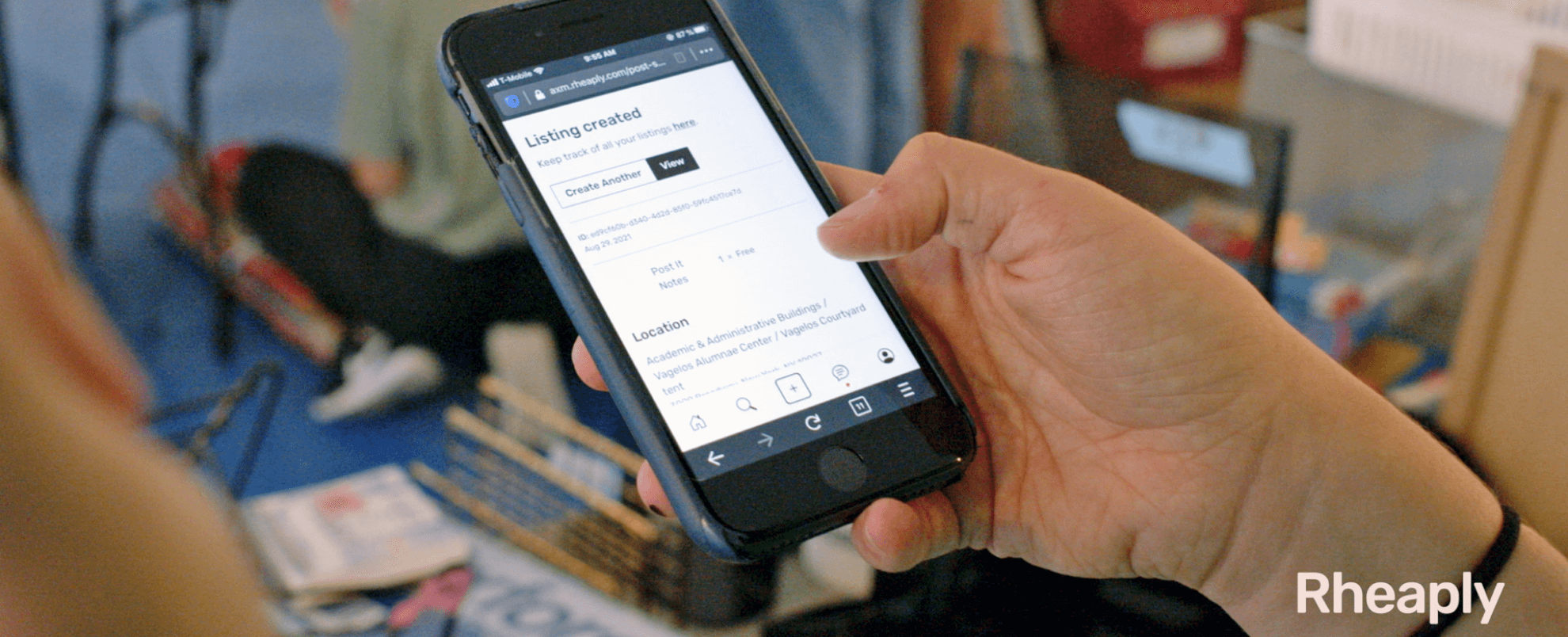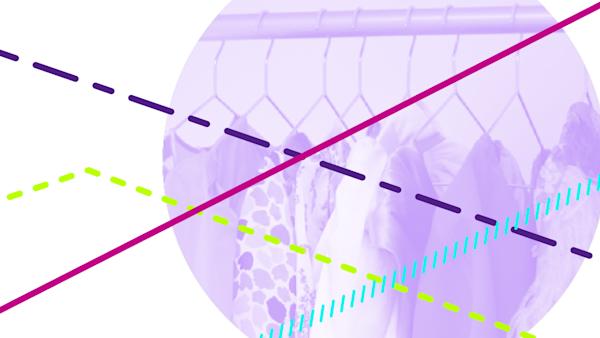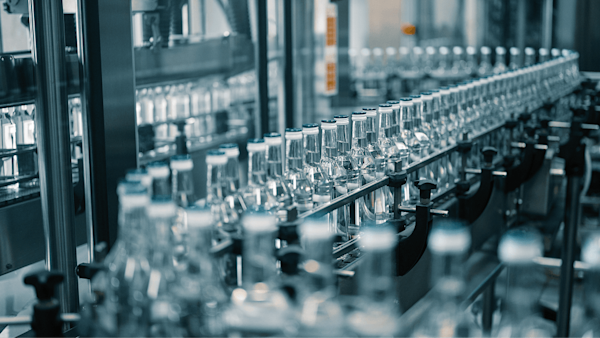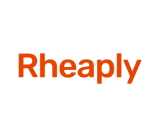
Rheaply enables organisations of all sizes to access a re-commerce platform for furniture, fixtures, equipment, and building materials. By combining smart inventory management and connected nationwide marketplaces, Rheaply keeps furniture and other resources out of landfills and into the hands of people who need them.
Why it’s an example of the circular economy
By surfacing and sharingsharingThe use of a product by multiple users. It is a practice that retains the highest value of a product by extending its use period. available assets between and within businesses and institutions, the value of the items is preserved and there’s also a greater emphasis on maintenance and repairrepairOperation by which a faulty or broken product or component is returned back to a usable state to fulfil its intended use.. In turn, organisations can make more informed procurement decisions and avoid buying new if they don’t have to. By sourcing internally or from other nearby businesses on the platform, businesses can unlock new revenue streams while cutting down on lead time, shipping costs, and transportation emissions.
How it works
Rheaply’s platform:
lets organisations keep track of inventory
allows items to be sold, donated or reused internally
provides rich sustainability reporting including weight diverted from landfill and embodied carbon
avoided
The platform
Once assets are added to Rheaply’s platform, users can shop for available resources and pre-owned materials.
The platform is populated in 3 distinct ways:
Individual users on behalf of their business can list surplus items, furniture, and building materials to their Rheaply storefront. Organisations can now redistributeredistributeDivert a product from its intended market to another customer so it is used at high value instead of becoming waste. idle assets and materials swiftly and sustainably.
Via bulk inventory uploads with support from Rheaply’s Customer Success team.
For large clear-outs and decommissions, organisations can leverage the company’s suite of reusereuseThe repeated use of a product or component for its intended purpose without significant modification. services including boots-on-the-ground support.
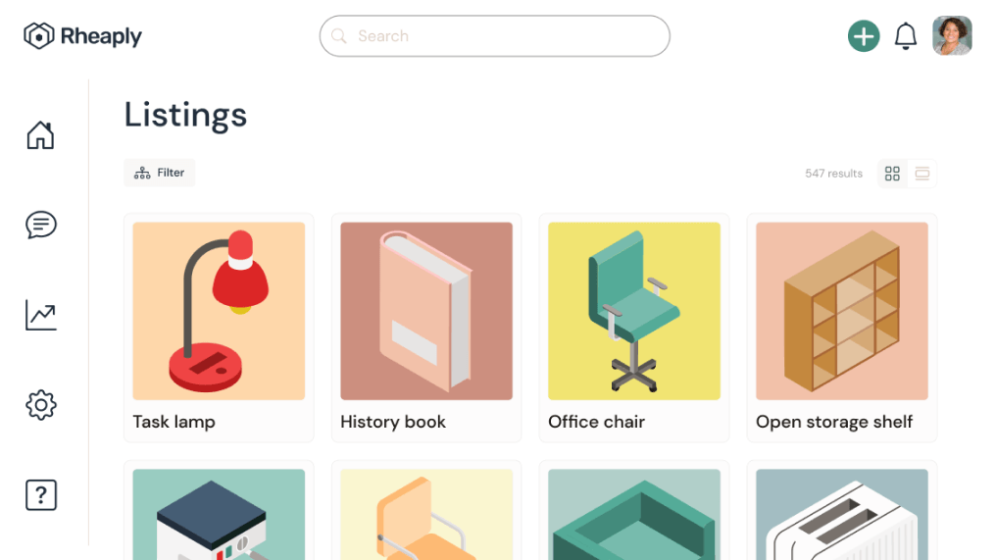
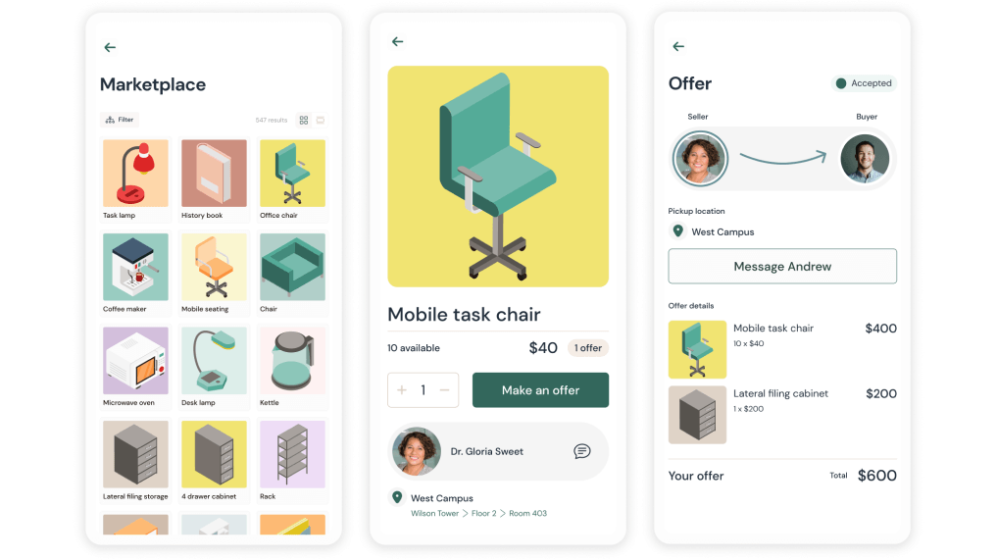
Enabling seamless transfer of assets is the reason why Rheaply has earned its circular economycircular economyA systems solution framework that tackles global challenges like climate change, biodiversity loss, waste, and pollution. It is based on three principles, driven by design: eliminate waste and pollution, circulate products and materials (at their highest value), and regenerate nature. stripes. However, what often seals the deal for a wide range of organisations is Rheaply’s groundbreaking software and reporting. Not only can businesses quickly access advanced details like what they have, where it is, and the condition for hundreds of millions dollars worth of stuff, but they can track cost savings or sales from every resource transaction and, in some instances, watch their reuse solution pay for itself.
Beginnings
Back in 2014, sitting in his laboratory at Northwestern University, something had really started bothering neuroscience student Garry Cooper, founder of Rheaply. How could some university research departments be so underfunded when great volumes of unused equipment and waste were generated by other departments?
Garry persuaded the managers of his resource-rich neuroscience faculty to allow him to collect labware, machines, shelving, and other “stuff” that wasn’t being used. He then loaded it onto a cart and distributed it to less well-off departments at his university that needed the equipment. This trolley service became a regular Friday afternoon ritual for Garry. In the last few years of his PhD, he redistributed 55 items, ranging from antibodies and glassware to research equipment, saving labs across the campus more than USD 25,000 and keeping those resources out of landfills.
Years after he left Northwestern University, while designing supply chain solutions with Ernst and Young, Garry still received emails asking about his cart - and these begged the question that redirected his focus. What could a resource redistribution and recovery platform look like that would allow users to better visualise, quantify, and use surplus resources?
Circular cities for a net zero future
The success of companies like Rheaply clearly demonstrate the economic and environmental benefits of the transition to a circular economy, but how do we make this happen at scale?
One way that Garry sees Rheaply contributing to this is by making it easier for cities to participate in the circular economy. Garry recently addressed this at TED 2023, where his talk brought awareness to the essential role cities must play in reducing carbon emissions. Rheaply now has a network of “Circular Cities” across the United States which includes the Bay Area, the NYC Tri-state, Washington, D.C. and soon Chicago — made up of local governments, businesses, nonprofits, and corporate sponsors committed to reducing waste, saving money, reusing surplus assets, and building resilience against climate change.
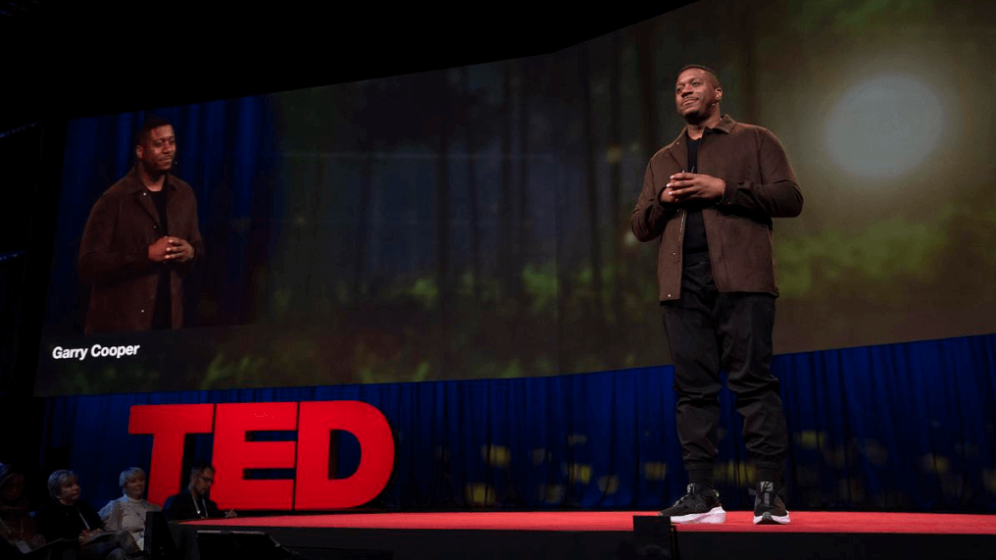
Rheaply CEO Garry Cooper speaks at SESSION 5 at TED2023: Possibility. April 17-21, 2023, Vancouver, BC, Canada. Photo: Ryan Lash / TED
Examples of circularity at the local level occur on Rheaply every day. In 2021, KIPP Chicago, a tuition-free public charter school, had 525 items of furniture available for reuse. Rheaply’s platform provided KIPP with visibility into the items they wanted to donate while also connecting them with community groups and other schools who could put the items to use. As Garry said from the TED stage, sharing resources locally when they are longer needed makes a net zero future possible.
Key results
In the last year alone, Rheaply’s technology has enabled organisations (including higher education and healthcare institutions, federal and state governments, and Fortune 100 companies) to divert over 491,000 lbs of material waste from landfill and save organisations USD 2.4 million just by reusing the items and resources on Rheaply’s platform.
Key highlights include:
RUSH University Medical Center saved over USD 244,000 by reusing just over 1,000 pieces of workplace and office furniture. This example of internal exchange across the medical center’s campus yielded 53,000 lbs. diverted from landfill.
A California tech company used Rheaply to furnish an office refresh. By reusing 84 pieces of furniture, the company’s designers saved USD 102,481 and kept 6,176 lbs. of furniture out of their local landfill.
A public research university used Rheaply's software to determine which workplace resources and equipment could be reused across departments instead of buying new. In less than 1 week, they were saving thousands of dollars by simply reusing what they already had. And in just 14 days, they recouped over USD 30,000 in cost savings.
A global investment banking firm sought out Rheaply’s platform for a tech-enabled decommission to keep 100% of resources from ending up in landfill. USD 96,960 worth of office chairs were donated to local nonprofits and small businesses which resulted in 68,680 lbs diverted from landfill and 43,937 kgs of embodied carbon emissions avoided.
